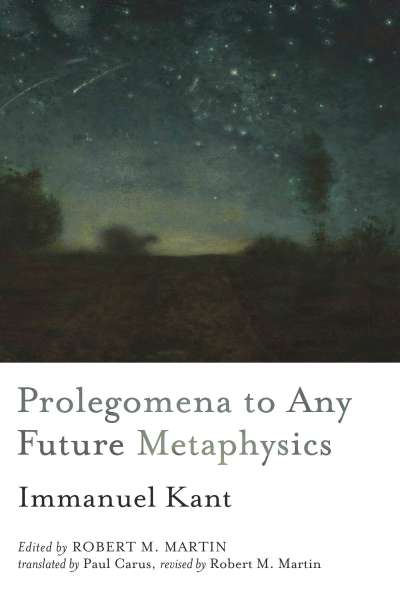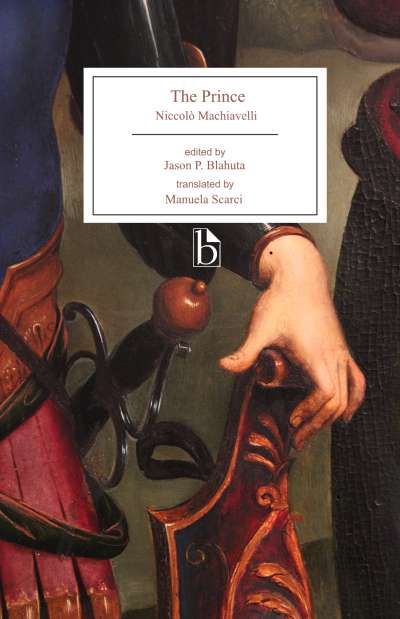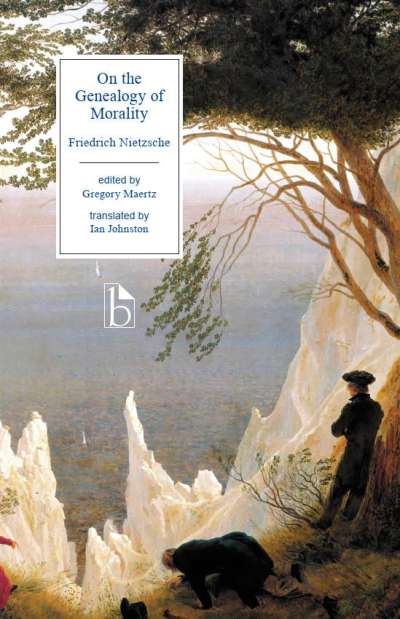Works in Translation
Showing 1–24 of 61 resultsSorted by latest
-
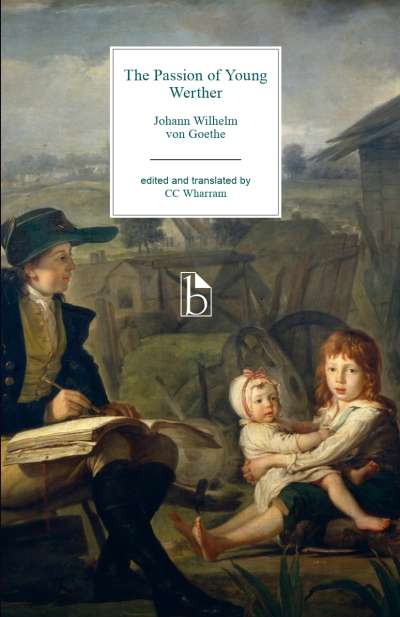 Coming Soon
Coming SoonThe Passion of Young Werther
First published in 1774, The Passion of Young Werther was a phenomenon, and had a profound influence on literature and culture on both sides of…
-
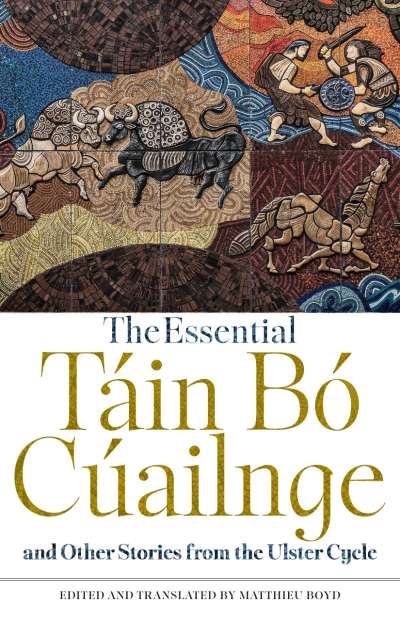
The Essential Táin Bó Cúailnge and Other Stories from the Ulster Cycle
Táin Bó Cúailnge, frequently referred to as the Táin, is one of the most important works of medieval Irish literature and has been called the…
-
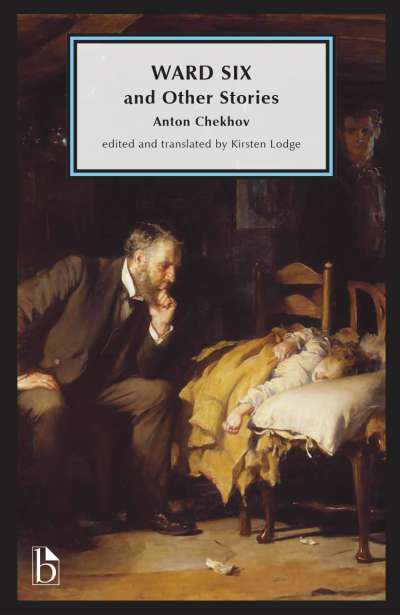
Ward Six and Other Stories
This edition brings together seven medically-themed short stories by Anton Chekhov—a practicing physician as well as an accomplished writer who thought deeply about the relationship…
-
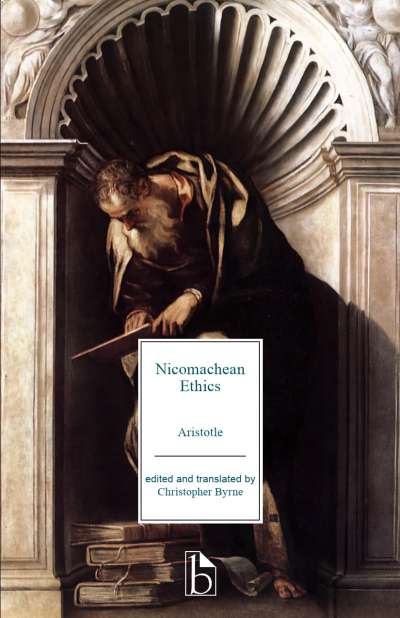
Nicomachean Ethics
Aristotle’s Nicomachean Ethics is a book of enduring relevance that aims to answer the question of how human beings should live. Much, however, has changed…
-
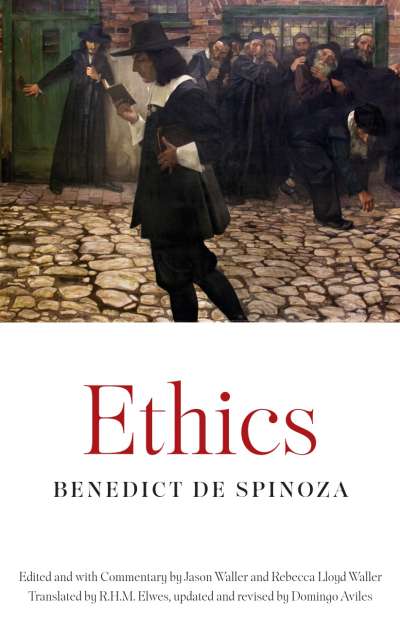
Ethics
Spinoza’s Ethics is one of the most fascinating and systematic works of European philosophy—but also among the most challenging. Due to both the metaphysical complexities…
-
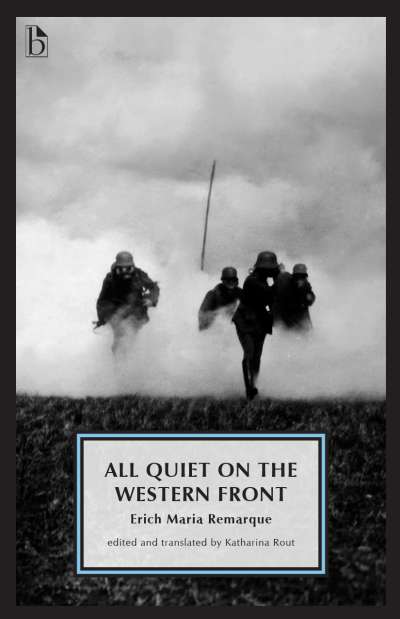
All Quiet on the Western Front
Erich Maria Remarque’s classic novel of World War I, All Quiet on the Western Front, was an international sensation. Celebrated by countless readers for its…
-
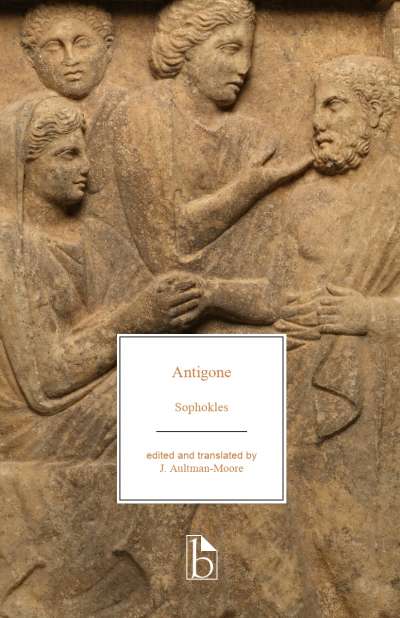
Antigone
Sophokles’ Antigone is an ancient play that speaks directly to contemporary issues. From conflicts between authoritarian regimes and those who protest them to struggles over…
-
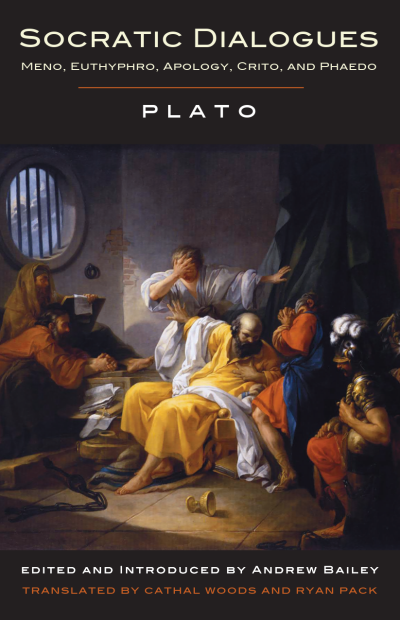
Socratic Dialogues
These five dialogues depict the life, death, and philosophical methods of Socrates, as portrayed by his student and philosophical successor, Plato. Meno offers some of…
-
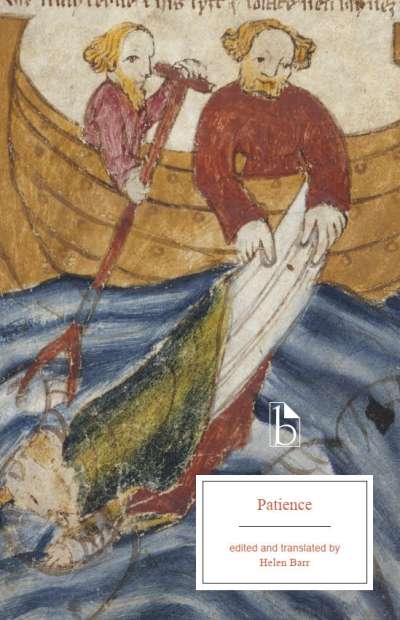
Patience
Patience is currently the only one of the four poems in British Library MS Cotton Nero A.x that has not been translated into modern idiomatic…
-
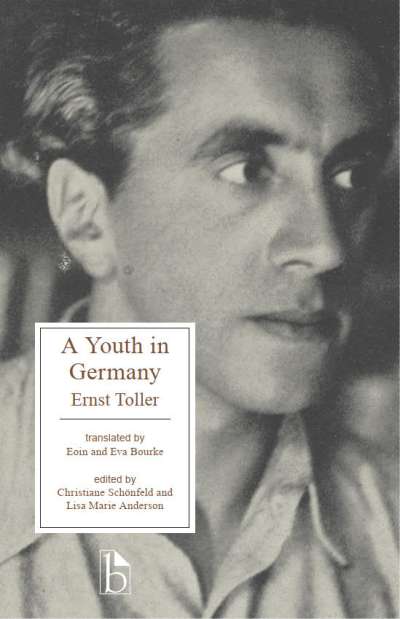
A Youth in Germany
This is the first critical, contextualized edition in English of Eine Jugend in Deutschland (1933), the remarkable autobiographical account of Ernst Toller (1893–1939), one of…
-
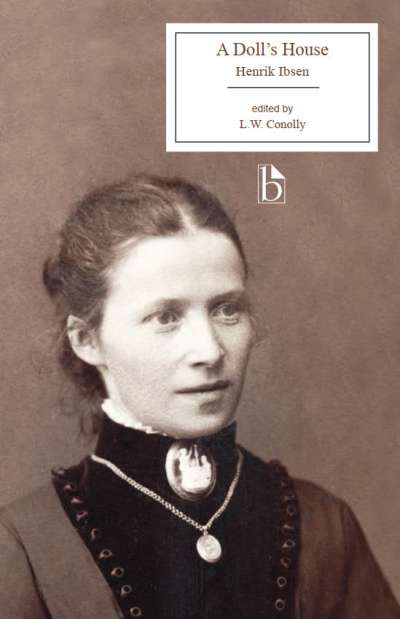
A Doll’s House
This edition of one of the Western canon’s most iconic plays brings back into print the pivotal 1890 translation by William Archer. It was this…
-
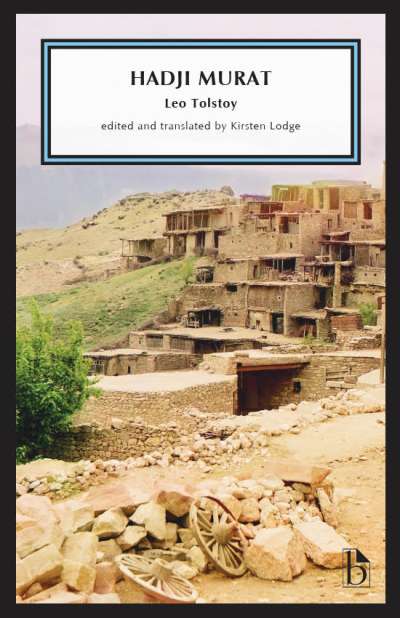
Hadji Murat
Based on historical events, Tolstoy’s beloved final novella tells the story of the rebel leader Hadji Murat—whom Tolstoy described as “the leading daredevil of the…
-
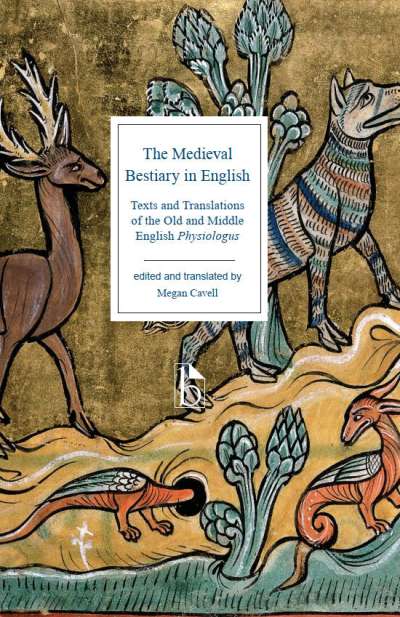
The Medieval Bestiary in English
First written in Egypt between the second and fourth centuries, the Physiologus brought together poetic descriptions of animals and their Christian allegories. As the Physiologus…
-
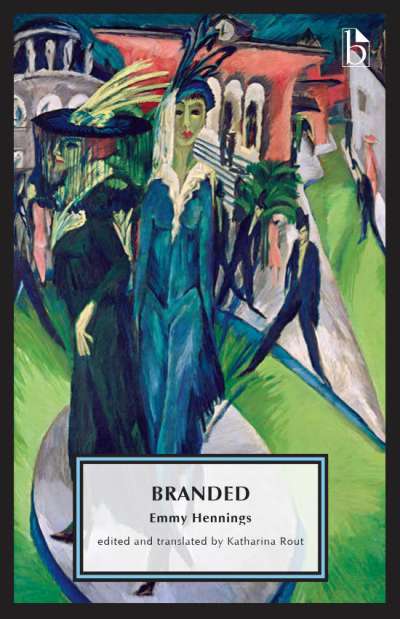
Branded
When Branded: A Diary was published in Berlin in 1920, Emmy Hennings was called the most important woman writer of her day. Her autobiographical novel…
-
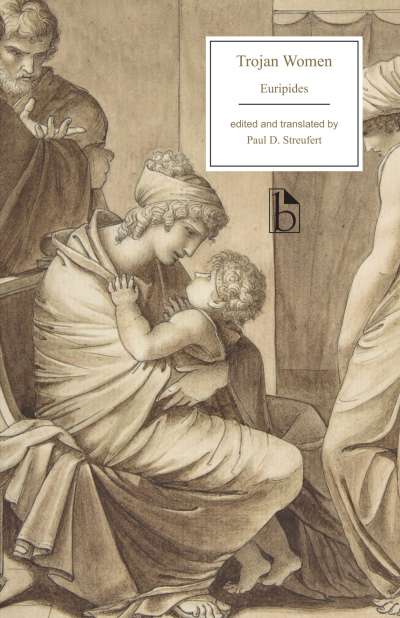
Trojan Women
Trojan Women tells the story of the survivors of the Trojan War, the women and children taken into slavery by the victorious Greek army. Through…
-
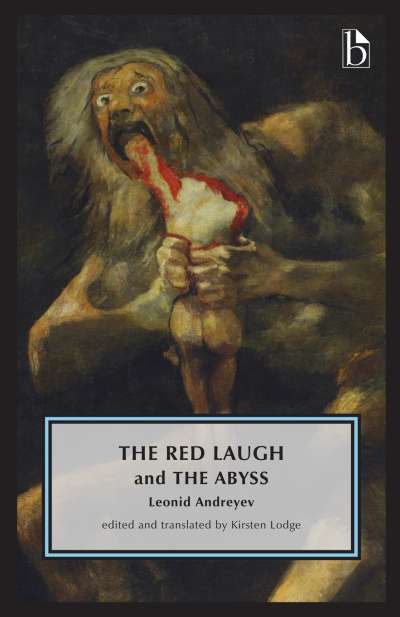
The Red Laugh and The Abyss
Leonid Andreyev’s The Red Laugh is an experimental depiction of war and its psychological effects, both on those who participate in the fighting and on…
-
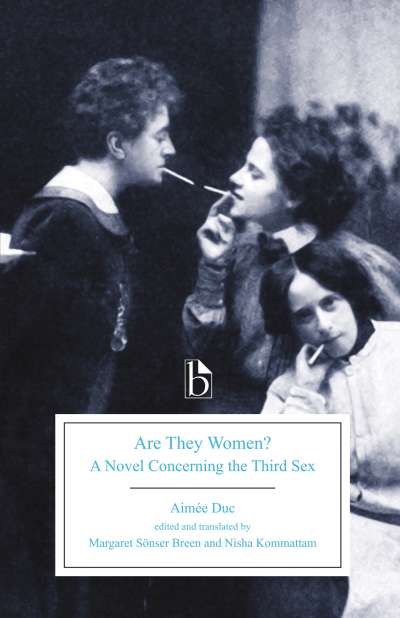
Are They Women?
Deeply engaged in women’s rights debates and discussions of the “third sex,” Are They Women? is about the lively communities of lesbians across turn-of-the-century central…
-
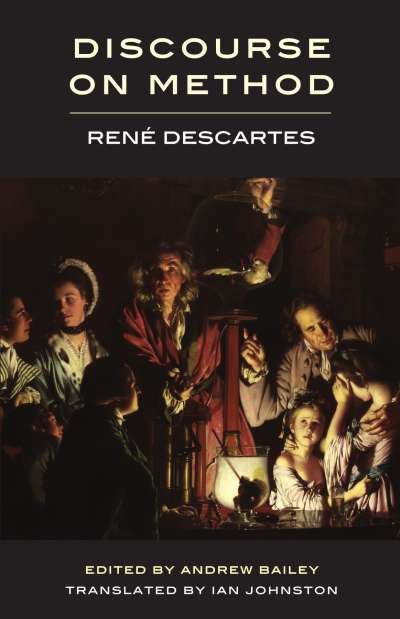
Discourse on Method
The Discourse on the Method for Reasoning Well and for Seeking Truth in the Sciences offers a concise presentation and defense of René Descartes’s method…
-
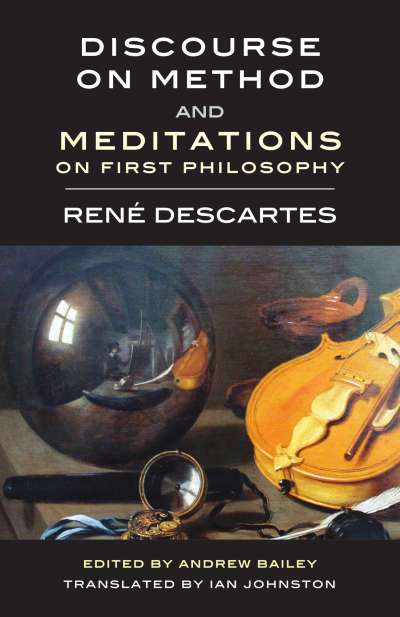
Discourse on Method and Meditations on First Philosophy
This volume provides new translations of René Descartes’s two most important philosophical works. The Discourse offers a concise presentation and defense of Descartes’s method of…
-
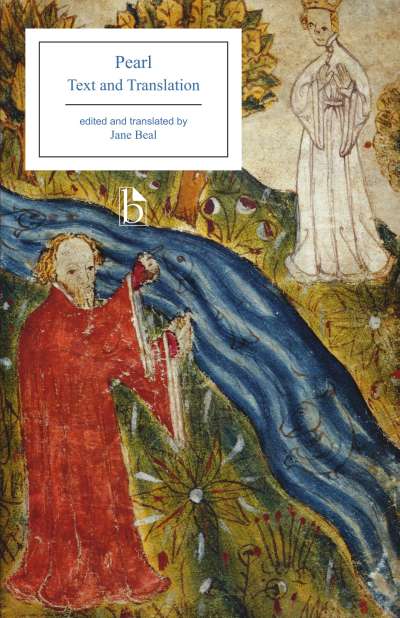
Pearl
The fourteenth-century Middle English poem Pearl is one of the best dream vision poems ever written, yet its language (the Northwest Midlands dialect of late-medieval…
-
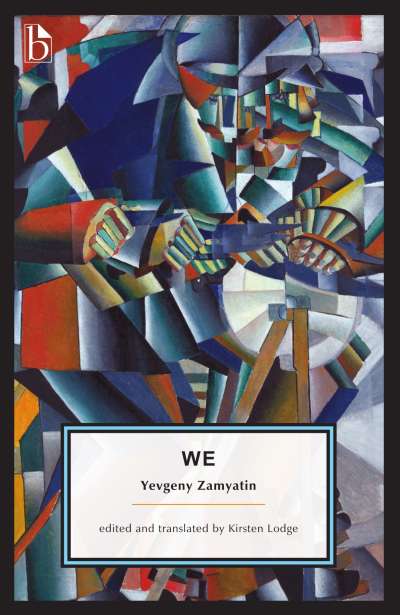
We
Yevgeny Zamyatin’s novel We is one of the great classics of dystopian fiction. Experimental and provocative in both style and content, it was the first…

